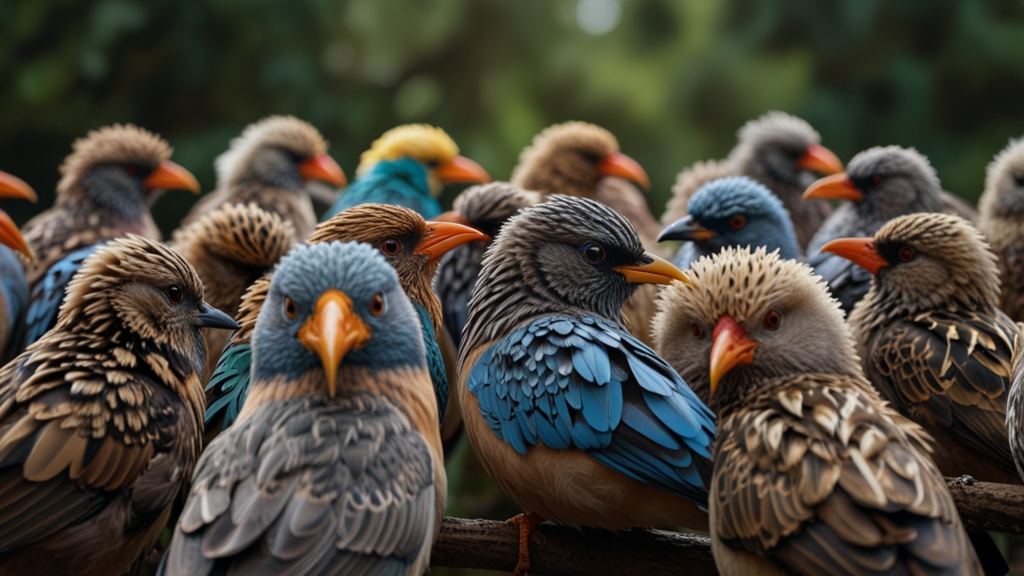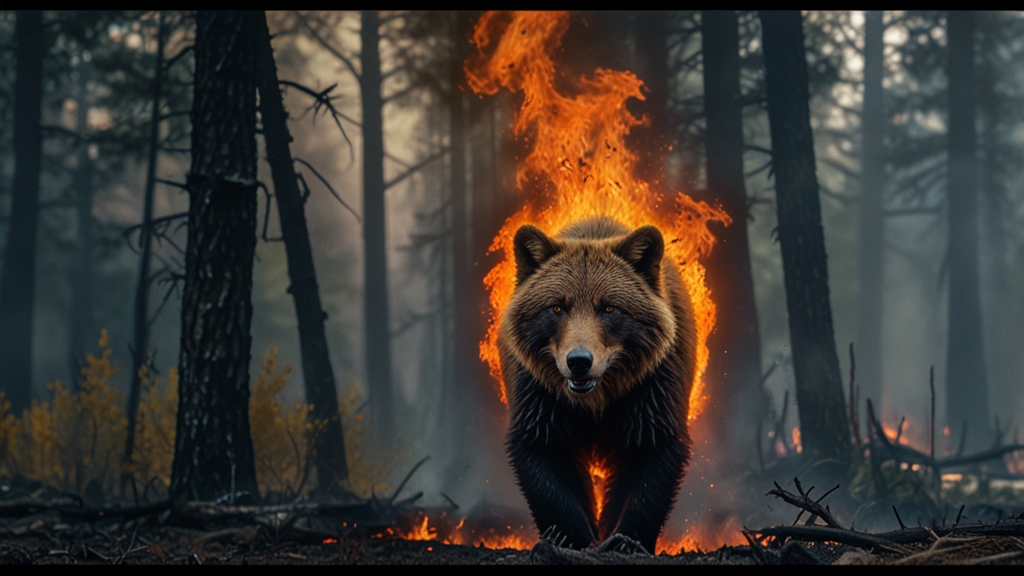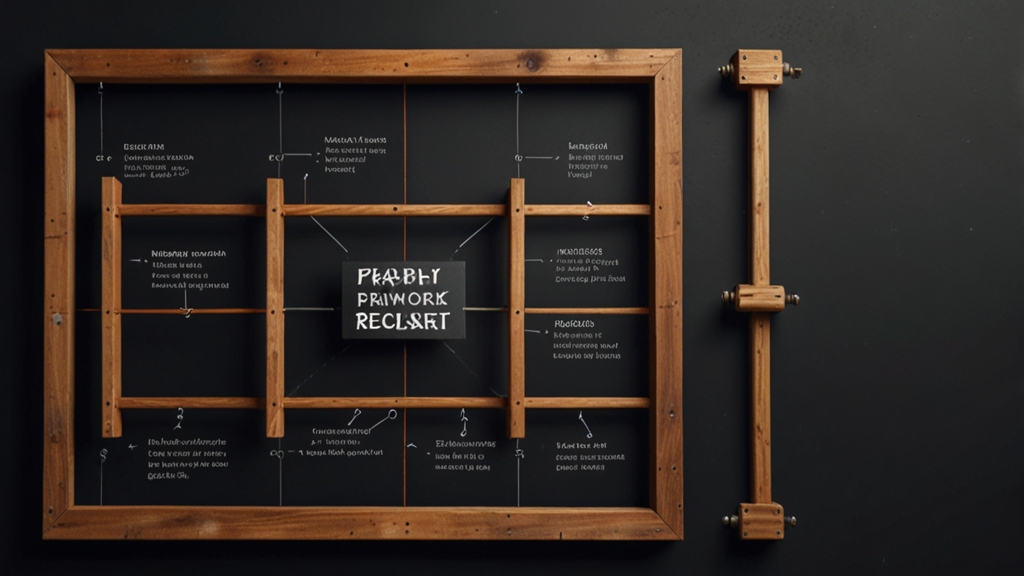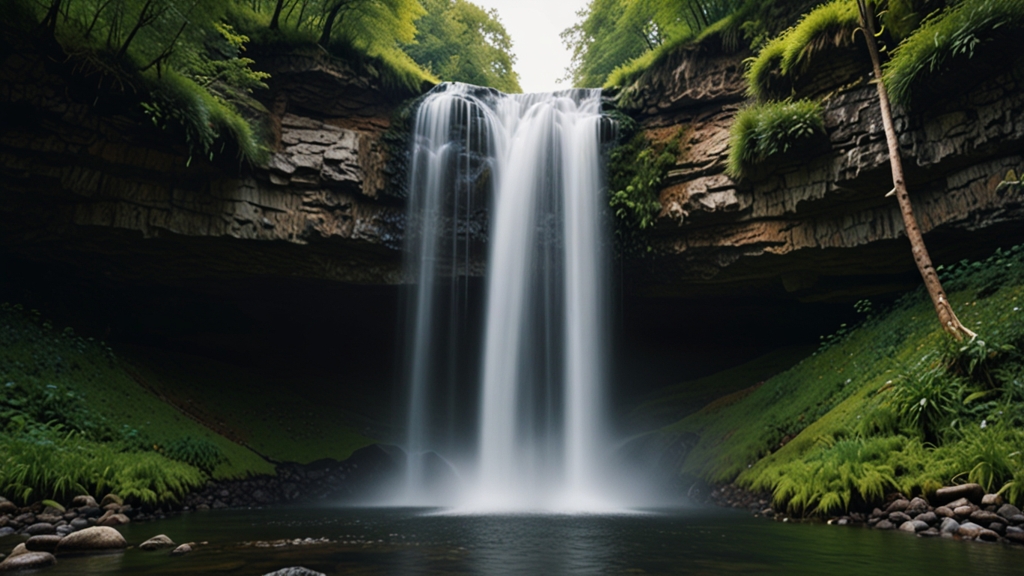How Birds Shape Our Environment: The Role You Didn't Know They Played
Birds are often admired for their beauty, songs, and the freedom of their flight. However, their influence extends far beyond what meets the eye. These winged marvels play a pivotal role in maintaining ecological balance and fostering biodiversity. From seed dispersal to pest control, and even influencing human culture, birds are indispensable allies in environmental health.
Seed Dispersal and Forest Regeneration
One of the lesser-known but critical roles of birds involves seed dispersal. Certain bird species consume fruit and subsequently excrete the seeds at different locations. This process, known as ornithochory, helps in the proliferation of various plant species, contributing to forest regeneration and landscape diversity.
For example, the Clark’s Nutcracker has a mutualistic relationship with pine trees like the Whitebark Pine. The bird collects and stores seeds for winter, often forgetting some of these caches, which then grow into new trees. This symbiosis between birds and plants supports forest health and resilience.
Pollination Partners
While bees are more commonly associated with pollination, birds also play a significant role, especially in ecosystems where insect populations are sparse. Hummingbirds, honeyeaters, and sunbirds are just a few species that contribute to pollinating flowers. Their unique feeding habits help in the transfer of pollen, leading to the reproduction of flowering plants.
"Without the crucial services provided by birds, many plant species would face challenges in reproducing and surviving, potentially leading to declines in biodiversity."
Natural Pest Control
Birds are nature’s pest controllers, devouring insects and small animals that could otherwise wreak havoc on crops and forests. In agricultural settings, birds like barn owls and kestrels are known to consume rodents, while songbirds and waterfowl feed on insects. This predatory behavior reduces the need for chemical pesticides, making farming more sustainable.
Studies have shown that the presence of birds can significantly limit pest populations. For instance, a research project in Kenya found that coffee farms with higher bird diversity had fewer instances of coffee borer beetles, leading to a more productive harvest.
Indicator Species
Birds serve as indicator species, revealing the health status of their habitats. Changes in bird populations can provide early warnings of environmental issues such as climate change, pollution, and habitat degradation. For example, the decline in certain seabird populations has been linked to overfishing and changing ocean temperatures, prompting further investigation and conservation efforts.
"Birds act as environmental sentinels. Their presence, behavior, and health indicate the well-being of ecosystems, alerting us to ecological shifts that might otherwise go unnoticed."
Cultural and Economic Importance
The impact of birds is not confined to environmental factors alone; they hold substantial cultural and economic value. Birdwatching, a popular recreational activity, contributes billions of dollars annually to the global economy. People travel far and wide to experience unique avian species, fostering an appreciation for nature and supporting local economies through eco-tourism.
Moreover, birds have inspired art, literature, and folklore throughout human history. Their symbolism and presence in various cultures highlight their intrinsic connection to people’s lives and values.
Conservation Efforts
Given their crucial roles, the conservation of bird species is of utmost importance. Efforts to protect birds include habitat preservation, legal protections, and public awareness campaigns. Organizations like the Audubon Society and BirdLife International work tirelessly to safeguard avian populations and their habitats.
Individual actions also make a significant difference. By maintaining bird-friendly environments in our backyards, reducing the use of pesticides, and supporting conservation initiatives, each of us can contribute to the well-being of these vital creatures.
"Conserving bird species is not just about saving birds; it’s about preserving the intricate web of life they help sustain."
Conclusion
Birds are more than just elements of the sky; they are architects of our ecosystems and guardians of biodiversity. Their roles in seed dispersal, pollination, pest control, and as indicators of environmental health underscore their importance. Understanding and appreciating the myriad ways birds shape our environment inspire us to act in their preservation, ensuring that they continue to enrich our planet for generations to come.









